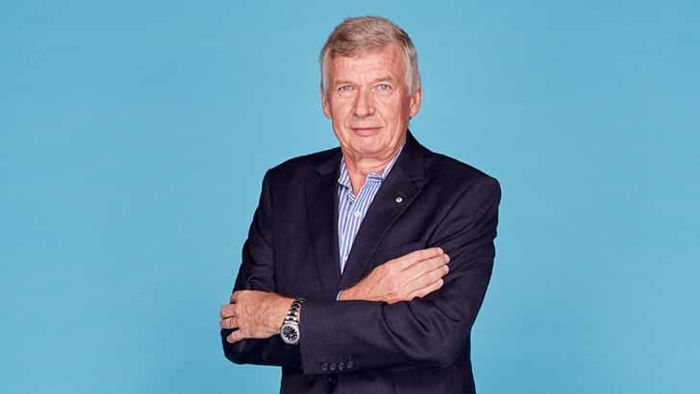Ask Paul: Interest rates are at an all-time low but we're stuck in a fixed rate
By Paul Clitheroe
Hi Paul,
My family and I bought and moved to our new Gold Coast home in April 2018. Our mortgage is $585,000 and we have a five-year fixed-interest rate
of 4.45%.
We decided to go with a fixed-rate loan, thinking on the safe side that if interest rates go up we would still be paying the same weekly repayments (around $671 a week).
We both make extra repayments. My wife contributes $200 fortnightly while I contribute $75 weekly. I paid off my $10,000 car loan about three months ago so the only debt I have is our mortgage.
Two years later - and because of the current pandemic - interest rates have fallen everywhere (to a low rate of 2.27% on a three-year fixed term).
Thankfully, my wife and I are still working full time. We tried to negotiate with my lender but sadly they declined our request, informing us that under the contract we need to finish the term, which has three more years remaining.
My question is, will it still be worth making extra repayments even though our home loan fixed rate is still high?
I am thinking of stopping our extra repayments and saving the money, and once we renew our loan term in three years and get a lower fixed rate, that will be the time to make extra repayments. When the term ends, is it also worth going with another fixed-rate term or switching to variable? - Victor
I am sorry to hear you are locked into the higher rate, Victor, but you did the right thing talking to your lender. Do check what the penalty is in your contract. It may be so high that it makes no sense to change, but bank contracts do vary.
What you also need to know is how your extra payments are treated. Is the extra money reducing the size of your loan and hence the amount of interest you pay? If so, it would be a no-brainer, as effectively earning 4.45% tax free on any savings or extra repayments would be great. Check with your bank.
Once you understand the conditions around extra repayments, you can make a call. But in a worst-case scenario, I agree, keep on saving so you can reduce the size of your mortgage in three years.
For about 40 years I have been advising people to avoid fixed-rate mortgages.
I got this wrong in the late 1980s as interest rates soared, but since 1990
it has been a one-way street with falling rates. I suspect my preference in three years will be to go with the lowest-cost variable loan you can get.
But as we sit here in the middle of a pandemic, I'm going to reserve judgement. But I'd love you to drop me a note in three years and we can revisit the issue.
Get stories like this in our newsletters.



